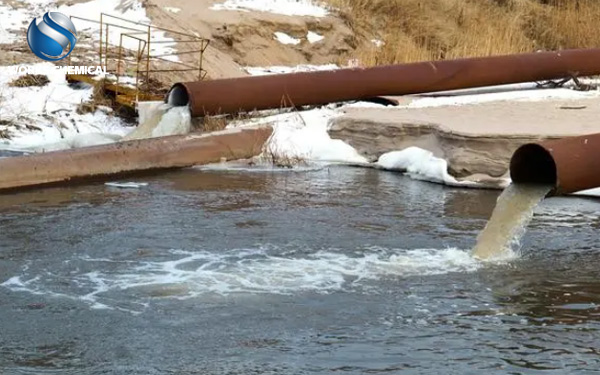
Municipal sewage treatment station is an important facility to treat sewage in the city. Due to the increase of urban population and the acceleration of industrialization process, the amount of biochemical sludge produced by sewage treatment station is also increasing. The dewatering of biochemical sludge is an indispensable part of the sewage treatment process, and its purpose is to remove the water in the sludge, reduce its volume, and facilitate subsequent treatment and disposal.

Biochemical sludge dewatering in municipal sewage treatment station refers to dewatering the biochemical sludge produced in the sewage treatment process to reduce its moisture content and improve the consistency and solid content of the sludge. In order to achieve this goal, Shijun sludge conditioner can be used to stabilize the water content of biochemical sludge below 60%. Sludge conditioner is a substance that can effectively adsorb and bind the water in the sludge, stabilize the water content of the sludge and increase its solid content. The dewatering efficiency and stability of biochemical sludge can be greatly improved by using sludge conditioner.
By combining with the water in the sludge, the sludge conditioner changes the surface tension and viscosity of the water, thereby promoting the separation and removal of water. This agent can form a dense protective film on the sludge particles during the dehydration process, effectively preventing water from entering the particles again, thus stabilizing the sludge moisture content. In addition, the sludge conditioner also has the function of preventing odor diffusion, reducing sludge volume and improving the subsequent treatment effect.
In the municipal sewage treatment station, it is very important to choose the right sludge conditioner for different kinds of sludge and treatment needs. The cost, effect and environmental impact of the conditioner should be considered comprehensively. Through the deployment of Shi Jun engineers, the moisture content of the sludge can be kept below 60%, the solid content of the sludge can be increased, the energy consumption and treatment cost of the dehydration process can be reduced, and the treatment and disposal efficiency of the sludge can be improved.